
- Article
- Article
How injury changed my brain
Meg Fozzard, who experienced a brain injury in her 20s, writes about the huge impact it's had on her life, and talks to others with similar injuries.

- Article
- Article
Rebuilding my identity after a brain injury
Chris Miller talks about how a brain injury forced him to reassess his place in the world – physically, personally and socially.
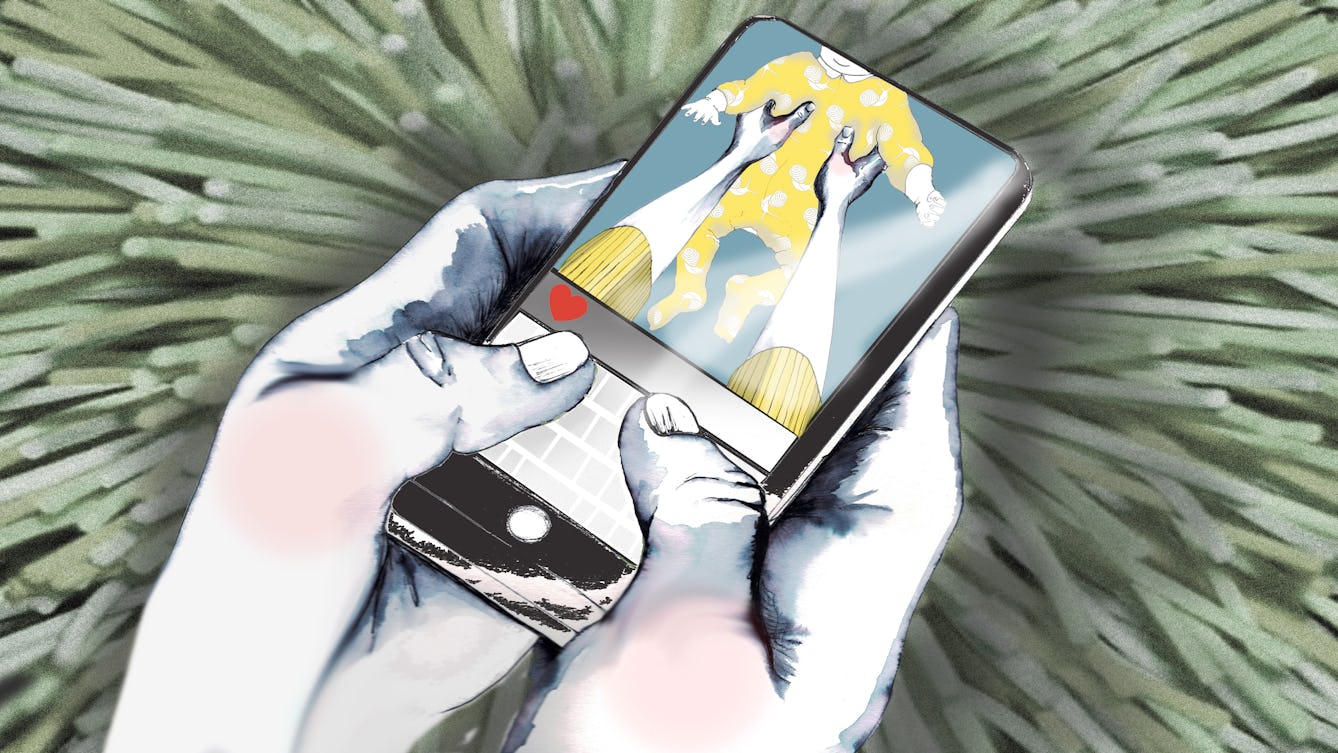
- Article
- Article
Healing hard-working hands
The names we use to describe different hand injuries tell us about history, gender and class. Occupational therapist María Cristina Jiménez explores those injuries, and the changing ways we talk about them.

- Article
- Article
Blood money: Taking periods out of poverty
Periods are not a wound that needs to heal, nor is the blood a sign of injury. So why are we still so repelled by them?
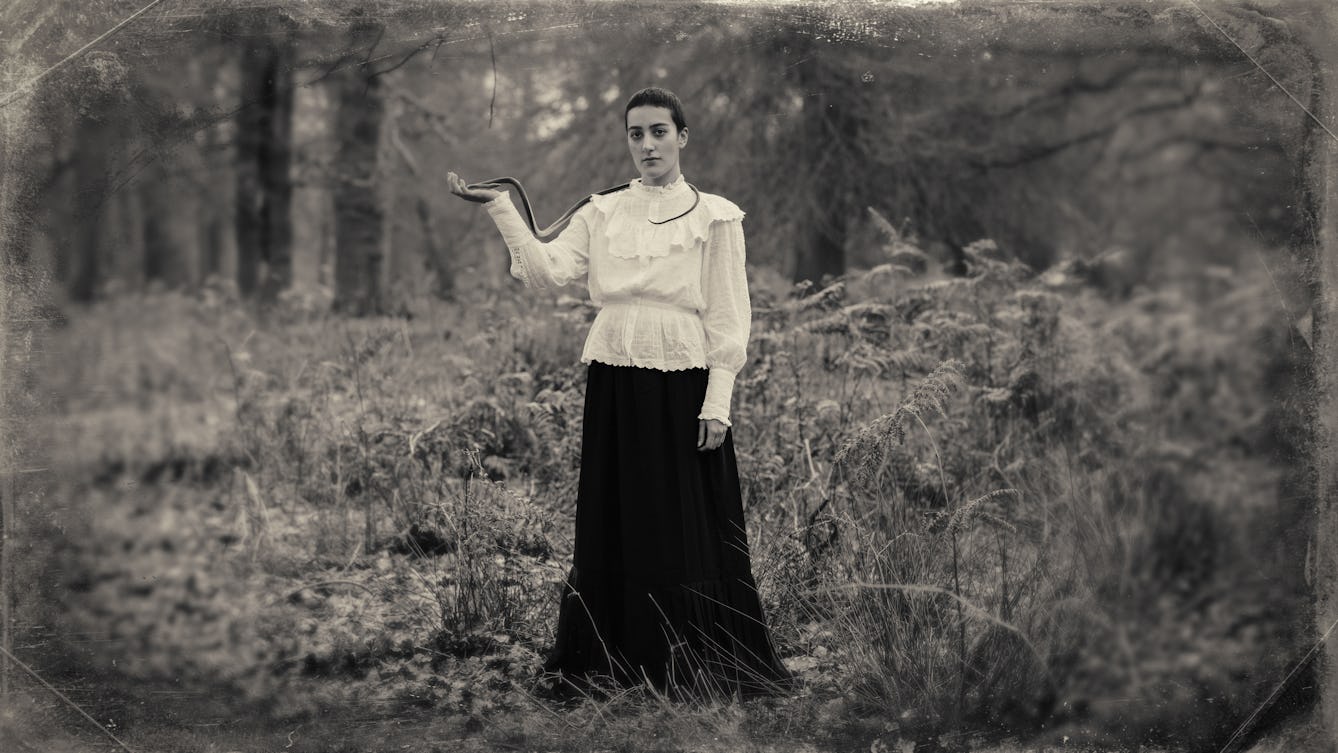
- Article
- Article
The extraordinary body of Evatima Tardo
Darling of 19th-century American freak shows, Evatima Tardo remained serene as she withstood crucifixion and the bites of poisonous snakes. But she took the secret behind her abilities to her grave.

- In pictures
- In pictures
War and disfigurement
The fighting methods of World War I brought with them a huge increase in disfiguring facial injury. See how surgeons and sculptors helped injured men face the world again.

- Article
- Article
The meanings of hurt
In the early modern period, gruesome incidents of self-castration and other types of self-injury garnished the literature of the time. Alanna Skuse explores the messages these wounds conveyed.

- In pictures
- In pictures
The lost art of convalescence
The efficacy of antibiotics and the demands of work mean we rarely convalesce after an illness. But in the past it was an important part of the return to health.
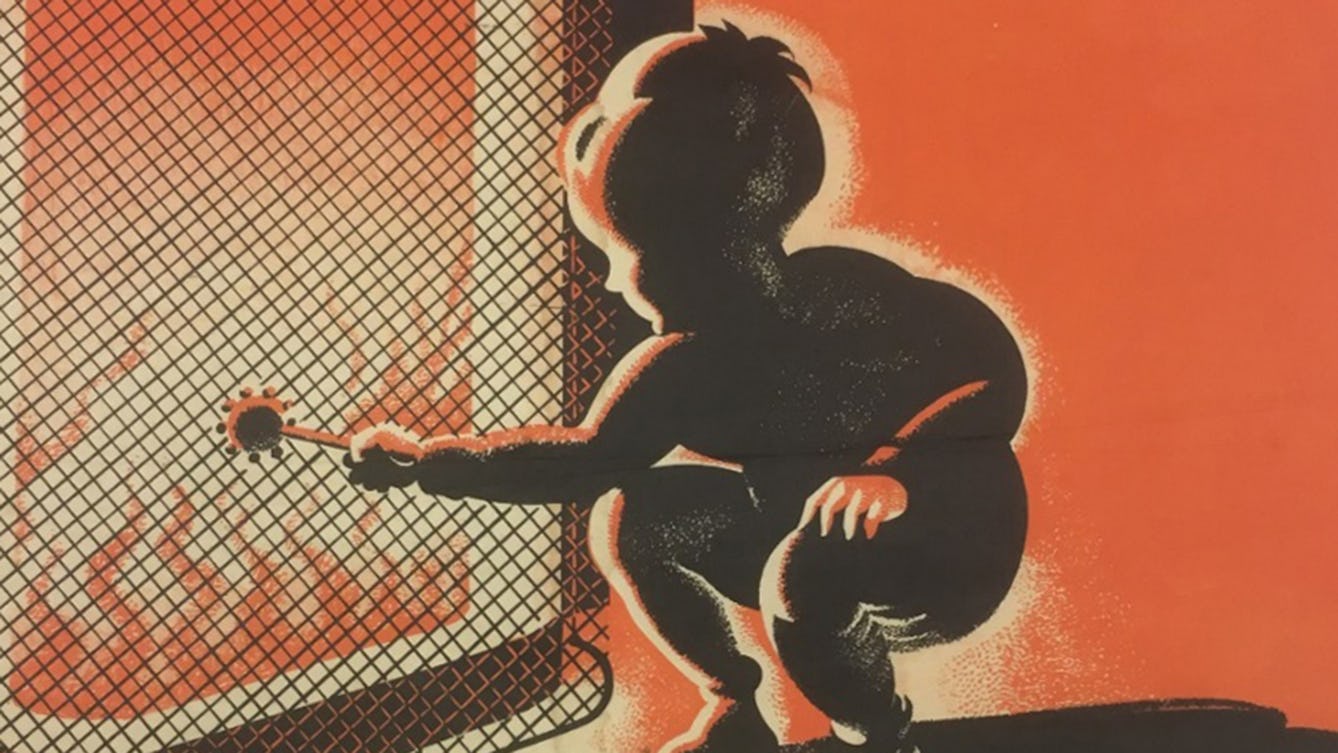
- Article
- Article
Children in burns prevention campaigns
Whose responsibility is it to prevent accidental burns and scalds in the home? Shane Ewen’s research shows that it’s everyone’s concern.

- Article
- Article
Rethinking the placebo effect
The placebo effect has long been harnessed for both legitimate and fraudulent use, but we’re only just discovering how and why our bodies respond positively to dummy drugs, as Anjuli Sharma reveals.
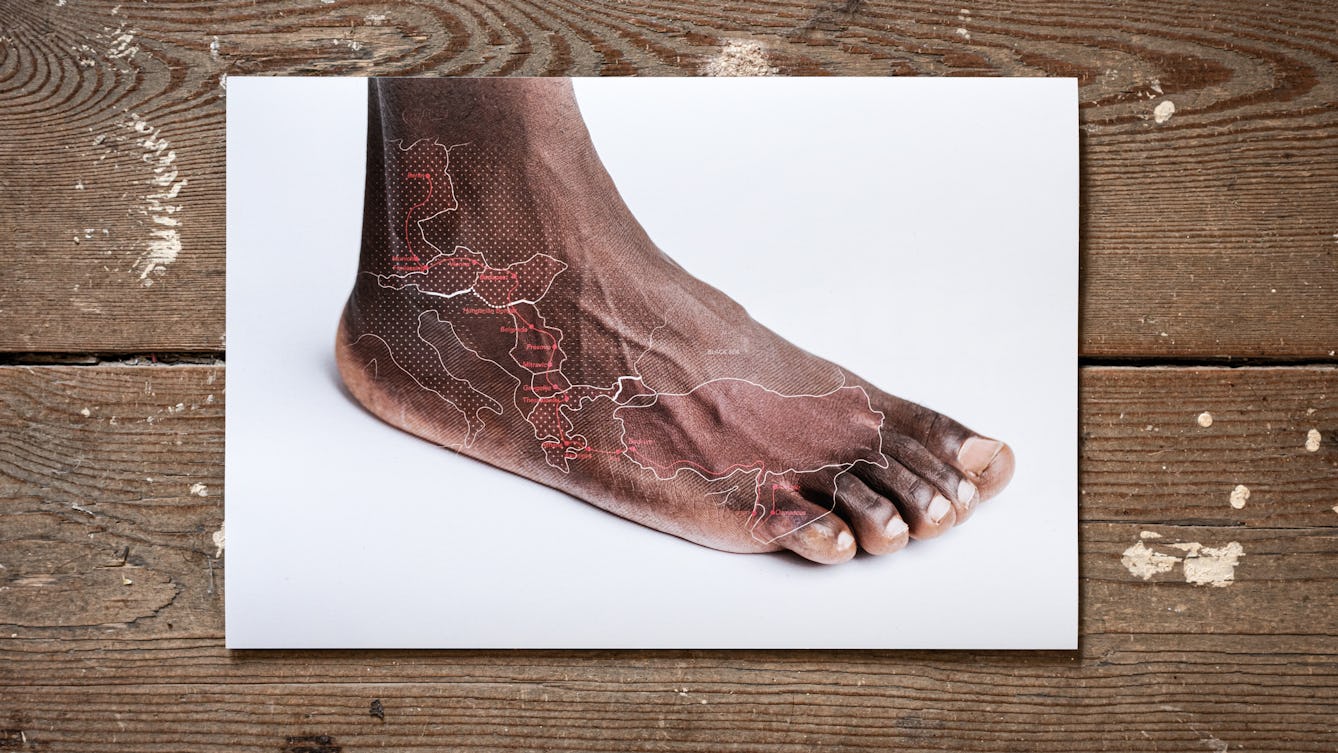
- Article
- Article
When wounds replace words
For the many thousands of refugees waiting in Greece, the process to establish the truth of their tragic personal histories is often extremely upsetting. But a group of medics and legal workers is working together to make the system more humane.

- Article
- Article
How my wheelchair changed my life
A young woman diagnosed with a disabling condition found her world shrank without the mobility aids she needed to get outside. Finally facing the stigma around using a wheelchair transformed her everyday life.

- Article
- Article
The current that kills
In the 19th century, electricity held life in the balance, with the power to execute – or reanimate.

- Article
- Article
Dealing with the dead after a nuclear attack
Cold War-era predictions of death on a vast scale became routine. But the British authorities were less prepared to dispose of the bodies.
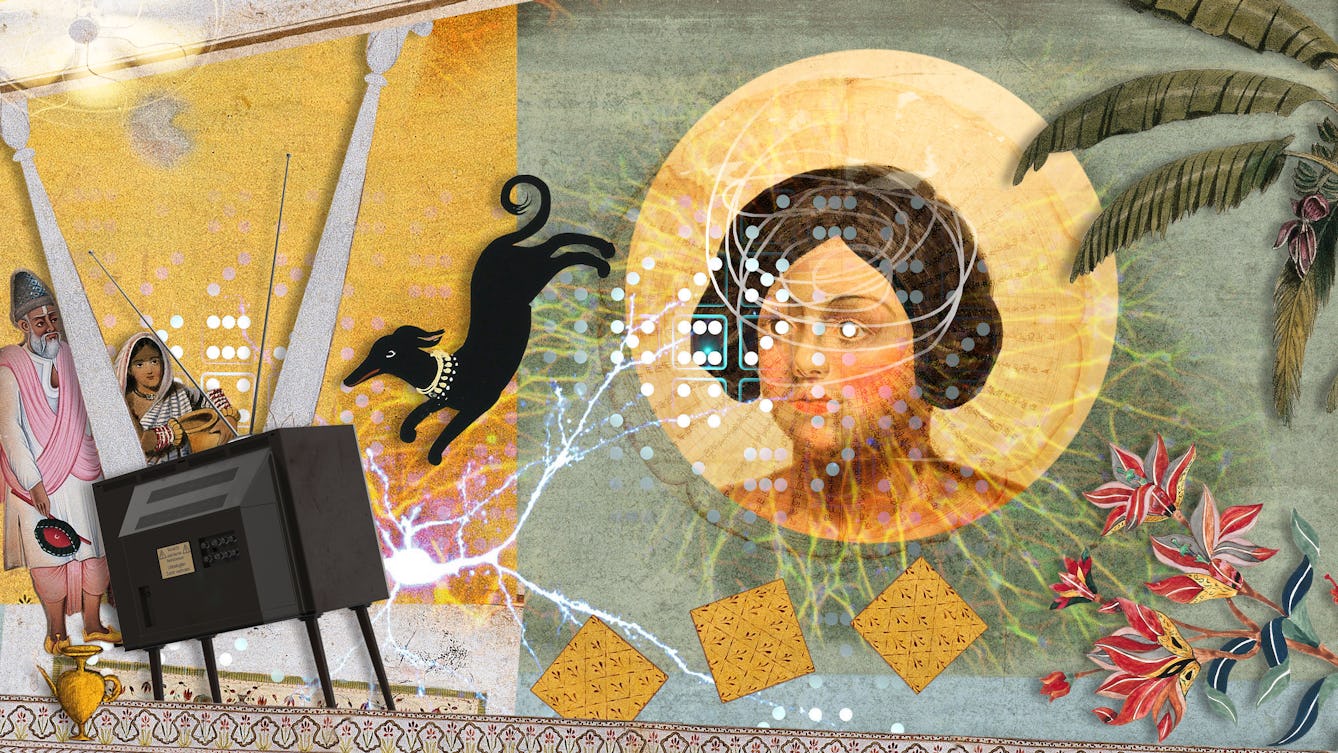
- Article
- Article
The first seizure
Historian Aparna Nair had her first seizure when she was 11. Here she recalls that first time, and how other people’s reactions are sometimes the most disturbing part about having a seizure.

- Article
- Article
Aphasia and drawing elephants
When Thomas Parkinson investigated the history of “speech science”, he discovered an unexpected link between empire, elephants and aphasia.

- Article
- Article
Crime drama and the realistic cadaver
Today we are accustomed to the increasingly realistic look of dead bodies in on-screen dramas. Special-effects expert Hildegunn M S Traa reveals how crime and morgue scenes reflect the social idea of death.
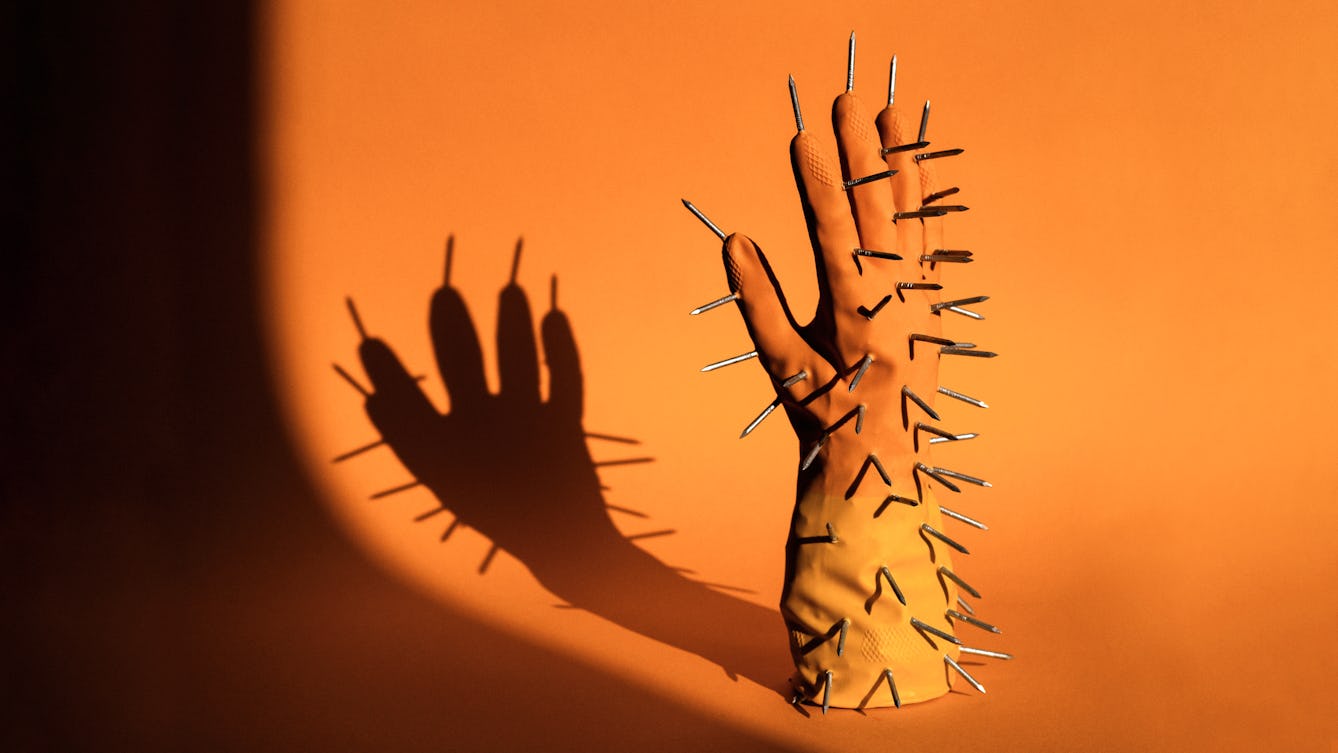
- Article
- Article
Pain and the power of touch
As a new physiotherapist, Fiona Murphy quickly learned that her patients’ pain was unpredictable and very personal. But using the right words became the key to helping them.

- Podcast
- Podcast
Tranquillity
Moya Lothian-McLean asks: when was the last time you felt utterly tranquil?

- Article
- Article
The metamorphosis of masturbation
Throughout history, medics and campaigners have tried to stamp out masturbation – but is modern science transforming its reputation?
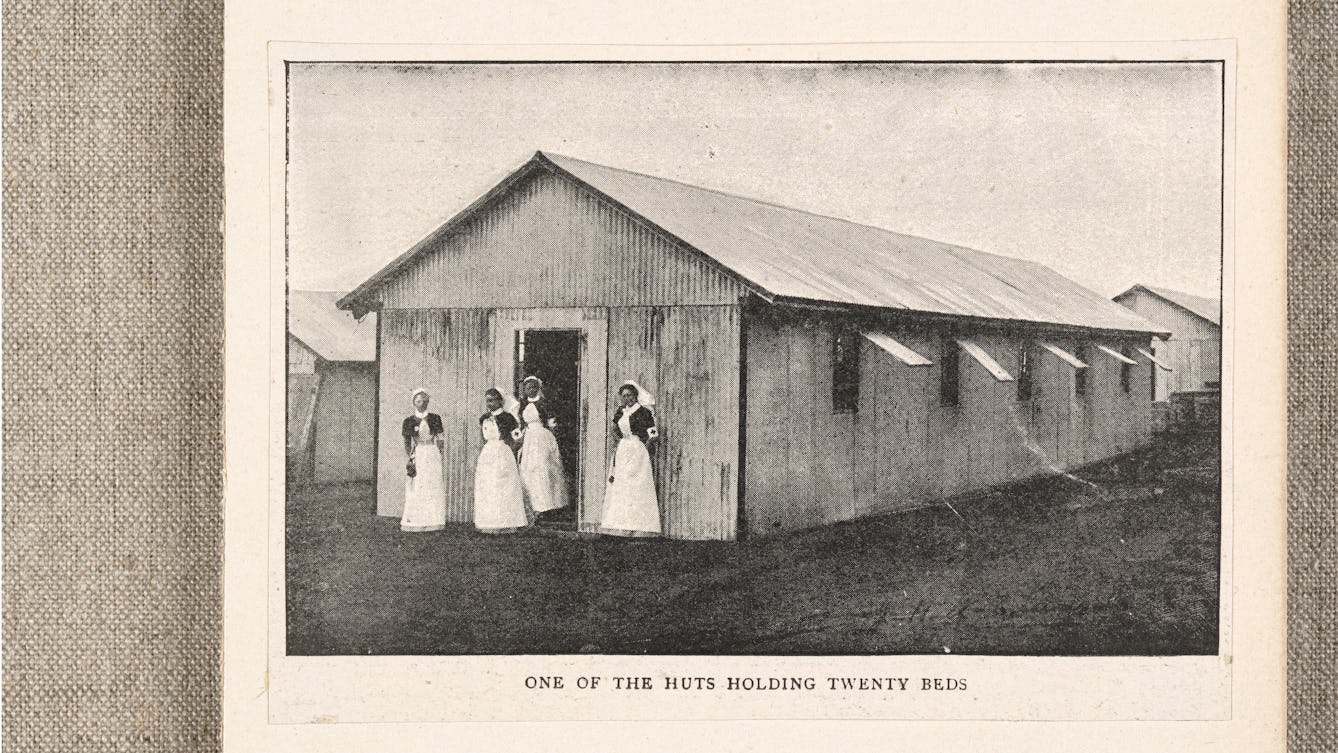
- In pictures
- In pictures
The evolution of war-zone medicine
The need to deal with battlefield injuries has led to inventive designs for extreme situations. Find out how camel-drawn ambulances and flat-pack hospitals have helped casualties survive.
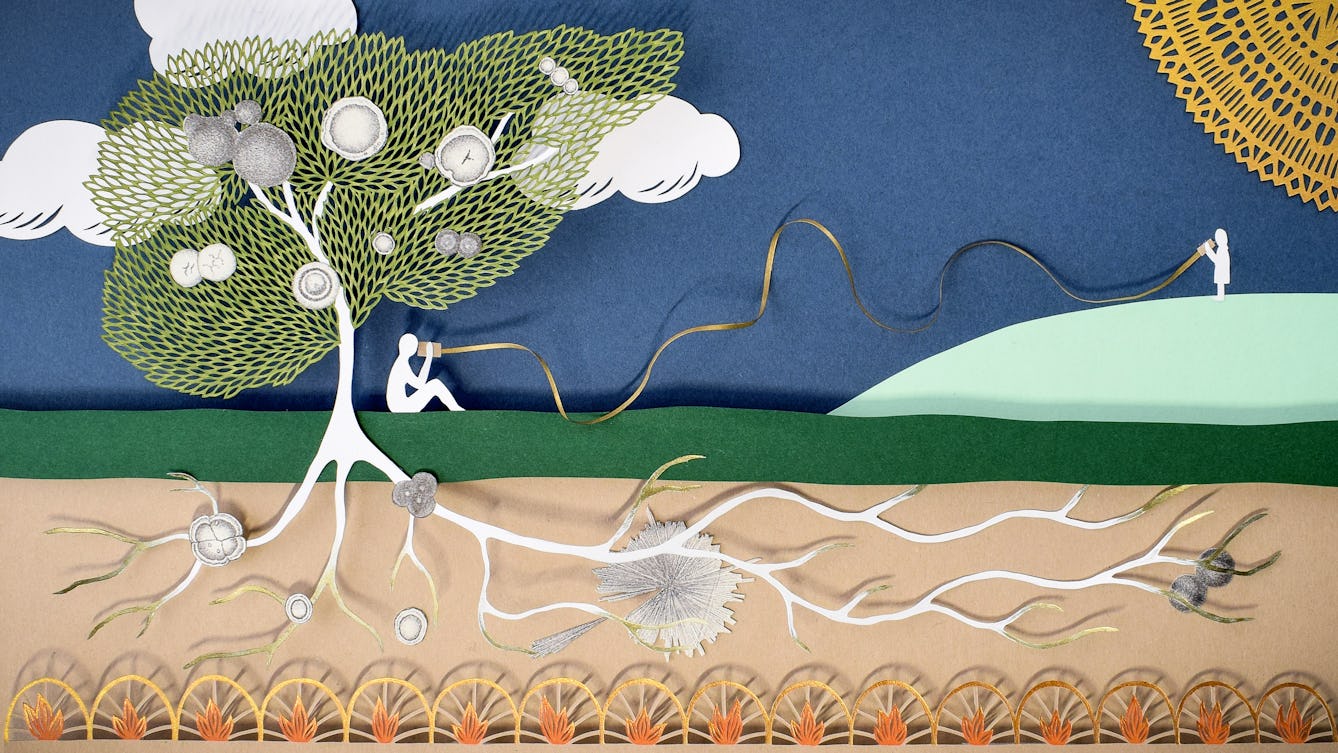
- Article
- Article
The poetic language of health
When his doctors could only offer phone consultations, James Morland turned to poetry to make sense of the medical terms describing his symptoms and test results.

- Article
- Article
Designing death in the virtual city
Danger and death are fun when they’re virtual – and when they incorporate realistic elements. Now the tables are turned, as urban planners learn from game environments.
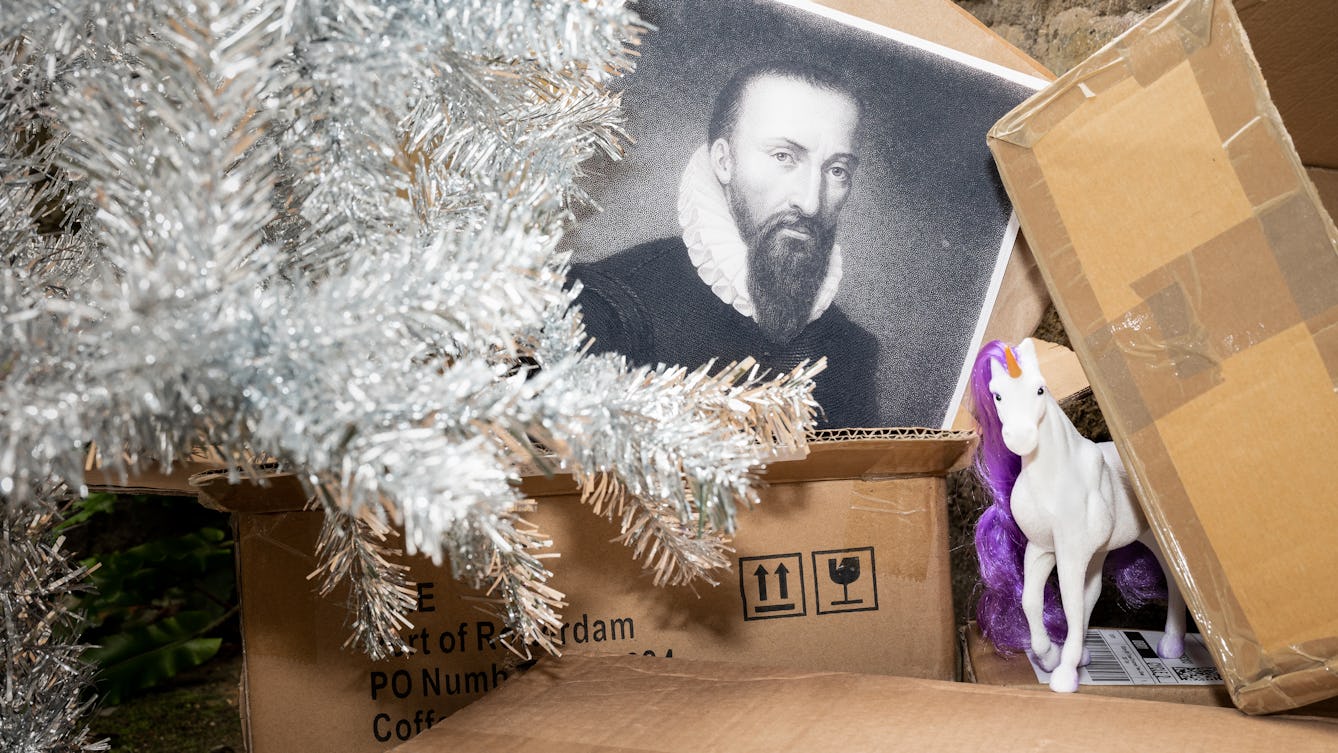
- Article
- Article
The doctor who challenged the unicorn myth
Our era of fake news and medical misinformation is nothing new. Estelle Paranque relays the thrusts and parries of a 440-year-old row over a magical cure-all, the unicorn horn.

- Article
- Article
The psychological impact of nuclear war
How would you hold up psychologically if a nuclear bomb was dropped? Discover the British government’s secret predictions from the 1980s.